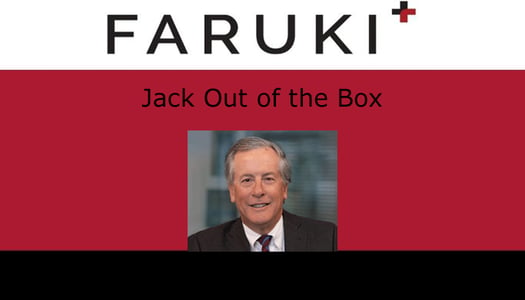- May 9, 2023
- Jack Greiner
- Jack Out of the Box
 I need to start this blog post with some caveats. First, I have been a Xavier basketball fan since 1985. Second, I detest Bob Huggins' coaching style. Third, I think UC did the right thing when it fired him back in the day. So, having said that, I assume some readers will accuse me of bias. Fair enough.
I need to start this blog post with some caveats. First, I have been a Xavier basketball fan since 1985. Second, I detest Bob Huggins' coaching style. Third, I think UC did the right thing when it fired him back in the day. So, having said that, I assume some readers will accuse me of bias. Fair enough.
But this blog isn't so much about whether West Virginia University should fire Huggins for his homophobic comments on the Bill Cunningham radio show on Monday. It's more about whether Huggins can hide behind the First Amendment if WVU imposes any discipline.
WVU is a public institution. This means Huggins has First Amendment rights. He is in a different position than Thom Brennaman. As some readers may recall, Brennaman was removed from his post as a Cincinnati Reds announcer within minutes of using the same slur as Huggins. But Brennaman wasn't employed by a public entity. So, the Reds didn't have to worry about any First Amendment concerns when they cut him loose.
But Huggins isn't free to say whatever he wants. Public employees are in a unique First Amendment space. On the one hand, as citizens, they don't lose their rights by accepting a job with a public employer. But on the other hand, as employees, they can be subject to discipline for their speech.
To gain First Amendment protection, a public employee must speak out as a citizen, and not in his official capacity as an employee. Second, the speech must pertain to a matter of public concern. If those two elements are satisfied, a court then balances the interests of the employee as a citizen, "in commenting upon matters of public concern and the interests of the State, as an employer, in promoting the efficiency of the public services it performs through its employees."
In weighing the employer's interests, the court considers (1) whether the speech or conduct impaired discipline by superiors or harmony among co-workers, (2) whether the speech or conduct had a detrimental relationship on close working relationships for which personal loyalty and confidence are necessary, and (3) whether the speech or conduct impeded the performance of the speaker's job duties or interfered with the regular operation of the enterprise. Here's a helpful piece on the subject.
One example of a public employee being protected by the First Amendment would be Dean Smith. Smith routinely spoke out in support of the Civil Rights movement while coaching at the University of North Carolina. Had North Carolina sought to discipline him for his vocal support of the movement, it would have been a problem.
The question then, is whether Huggins' speech on the radio is in any way comparable to Dean Smith's speech. Most likely the answer is no. It's questionable whether Huggins was acting outside of the scope of his employment while being interviewed by Cunningham. The subject, after all, was hoops. It's also questionable whether Huggins' recollection of a particular crosstown shootout (which ultimately resulted in his slur) is a matter of public concern.
But let's say for the sake of argument that Huggins satisfied both of the first two elements. It's clear that the University's interests justify discipline. WVU is already dealing with the fallout, which has no doubt interfered with its "regular operation." The First Amendment won't allow Huggins to escape accountability. Nor should it.
And this whole sordid episode should be a reminder for all of us, but maybe those of us of a certain age, to do our best to purge our inventory of hateful words. It's upsetting that Huggins used the word. It's more upsetting that he was able to so easily pull it out from his closet of insults. Maybe now he'll purge it for good. Let's hope.
